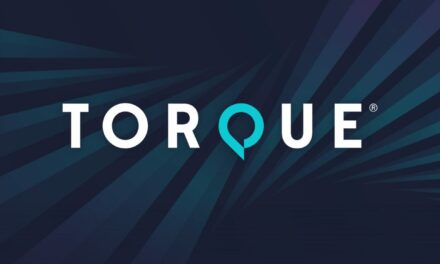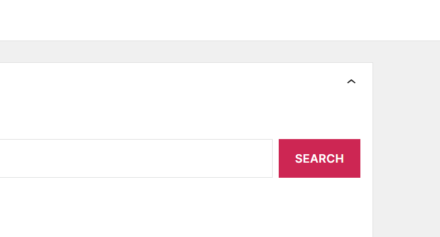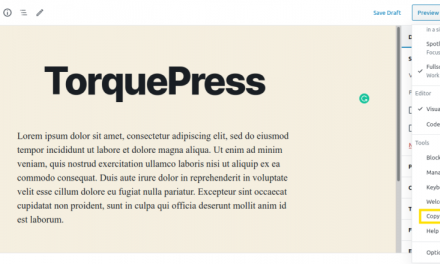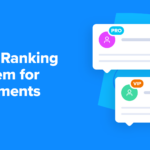As a web developer, your skills are in high demand in today’s job market. More companies are making e-commerce and mobile marketing a priority, and it’s creating an abundance of work opportunities. However, the more career options you have, the more difficult it can be to decide which is right for you.
Two of the most common paths taken by web developers are freelancing and working for an agency. Both can be beneficial for advancing your career, but there are also some pitfalls to look out for with either option. The good news is that, if you’re unsure which is the better choice, a little research can offer a lot of clarity.
In this post, we’ll discuss the pros and cons of both freelance and agency development. We’ll also talk about what types of developers are best suited for each role. Let’s get started!
Working as a Freelance Web Developer
An increasing number of people are abandoning the traditional nine-to-five, salaried job structure to join the gig economy. According to an Upwork survey, the number of freelancers in the U.S. has increased by nearly four million since 2014, and nearly one-third of Americans freelanced in 2018.
Many people are drawn to the idea of being self-employed. However, freelancing isn’t without its challenges. Let’s take a look at both the advantages and disadvantages involved.
The Pros of Being a Freelancer
One of the greatest advantages of freelancing is the freedom and flexibility it affords. You get to set your own rates, make your own schedule, and exercise greater control over your workload. Ultimately, this enables you to create a work-life balance that is structured to your liking.
Some developers enjoy working at night or early in the morning, whenever they’re most productive. Freelancing grants you the opportunity to create a schedule that fits your natural tendencies. Plus, as a freelancer, you’re able to work from anywhere you want, whether that’s on a beach or on your couch.
Since development skills are in such high demand, you can also be selective as a freelancer, and choose the projects that interest you the most. Plus, you’ll typically have more direct involvement with clients and can take some creative liberties with your role.
Finally, most freelance developers are able to set their prices higher than what they’d earn as employees doing the same work. Plus, as independent contractors, freelancers can deduct work-related expenses from their taxes.
The Cons of Freelance Development
As a web development freelancer, you aren’t working for a business – you are the business. Many people underestimate the difficulty involved in that, especially when they’re first starting out.
Without the established structure and overhead of a business, you’re forced to wear many hats. You’re not just a web developer; you’re also in charge of customer support, marketing, accounting, sales, etc. It’s not uncommon for a freelance web developer to find that they’re spending less time on programming and projects they enjoy, and more time on managing administrative responsibilities.
In addition, although you control your schedule as a freelancer, this can sometimes lead to working more odd and long hours. It can take months or sometimes years to make full-time freelancing a lucrative career. Work can be inconsistent, and having an irregular income can be stressful – both important factors to keep in mind.
Working for Agencies as a Web Developer
An increasing number of people are turning to freelance work, but there are still many web developers who believe that working for agencies is the better option.
While working for an agency was once the obvious choice, it’s no longer the only option. However, this doesn’t mean you should rule it out without careful consideration. As before, let’s review the pros and cons of taking this particular route.
The Pros of Working for a Web Development Agency
If the uncertainty and inconsistency of freelance work worries you, then you may be drawn to the structure and stability that working at an agency provides. Established companies can offer you a steady income and a consistent stream of work.
Whether it’s designing or coding, you’ll likely be hired for a particular skill set. Therefore, you know upfront that you’ll spend the majority of your work days exercising those skills. Working in an agency environment also enables you to collaborate with other team members, and benefit from a streamlined workflow process.
Plus, with a consistent workload and access to learning development opportunities and resources, you can quickly build a portfolio after just a year or two at an agency. You’ll have a clear direction on how to manage projects, and support when you need it. Of course, your income should also be more stable.
The Cons of Agency Development Work
Some agencies offer flexible scheduling, and the option to work from home. Generally speaking, however, full-time employees are required to adhere to a certain schedule at a particular location.
When you’re forced to go into an office, your commute cuts into the time you could otherwise spend being productive. The travel time and scheduled hours can hurt the work-life balance you desire. Plus, office settings can also be distracting environments.
In addition, working at a web development agency doesn’t afford you the flexibility of choosing the kind of projects you’ll work on. Pay can also be a disadvantage. Full-time employees often don’t make as much as they would if they were doing the same work as freelancers.
How to Choose the Right Path for You
For as much freedom as you get freelancing, you’ll be saddled with just as much responsibility. Being a freelance web developer gives you greater control over your projects, schedule, and rates. However, this control can quickly become a burden. What working at an agency lacks in creativity and control, on the other hand, it makes up for in structure and consistency.
If you’re an experienced programmer with a niche specialization, freelancing may prove to be a lucrative career. It’s also a path worth considering for creative designers and coders, who want to establish a balance between their personal and professional projects.
Considering how difficult it can be to get your freelance business off the ground, however, it’s not always the best option for people who are just starting their web development careers. When you’re new, working at an agency is a great way to gain experience, grow your skillset, and create a portfolio you can later use to attract clients on your own.
No matter how you decide to move forward, you can find lots of resources that will help guide your way. For example, Simple Programmer offers some useful advice on how to start a freelance career. If you’re a junior developer, you can also check out the freelance projects Hacker Noon recommends starting with. Finally, How To Become a Freelance Software Developer is a handy resource that covers everything from finding projects to figuring out what to charge.
Conclusion
As a web developer, you have the opportunity to make a comfortable income doing what you’re most passionate about. However, deciding which career path to take can be challenging.
As we’ve discussed, there are pros and cons to both freelancing and working for an agency:
- As a freelancer, you have the flexibility to set your own schedule and rates, but you also have to spend a lot of time on non-development related tasks (such as finding clients).
- When working for an agency, you have a steady stream of work and income to rely on, but you don’t have as much flexibility or control over your career path.
What experiences have you had as a freelance or agency developer? Let us know in the comments section below!
Image credit: Pexels.











